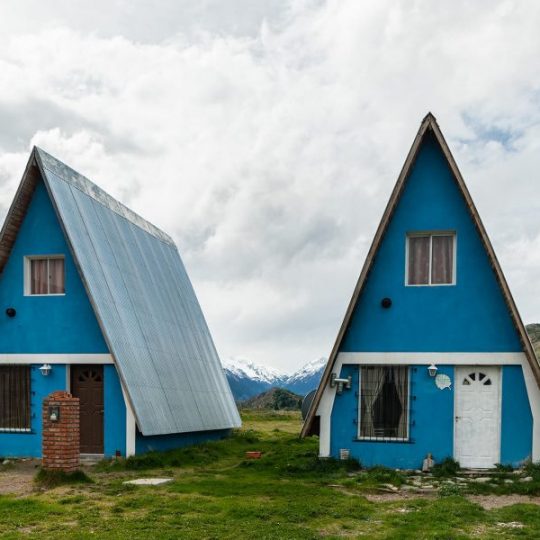A waterfall caused by glacier calving in Patagonia. This isolated location, along Laguna Sucia in Patagonia will be disproportionately effected by climate change. Like with COVID-19 projections, many policymakers have denied the veracity of climate-change science. Science Denialism is something that may prove to be as pernicious as COVID-19 and climate change.
Some of my Evangelical family friends quip, “There are no atheists in foxholes.” An expression that originated during WWII referring to the tendency of people to turn to a divine power in times of imminent danger. This expression has been deployed as a sort of sarcastic salvo directed at people like me, that is, people that believe in a rigorous, evidence-based approach to inquiry, medicine, and public policy. To them I say, there are no evolution deniers in the doctor’s office. Why do I say that? For one, all medical science is based on evolutionary theory, and vaccines (in particular) are heavily based on animal testing and models. In fact, vaccines for cholera, measles, meningitis, mumps, smallpox, tetanus, typhus, whooping cough, and many others, all relied heavily on animal models to demonstrate their efficacy before undergoing human clinical trials. So…if you are a vaccine recipient (like I am), you are, whether you like it or not, affirming the basis of evolutionary theory: our close relation to apes, mice, and yes, even rats. The nationwide viral wildfire that is the Coronavirus epidemic is a collective reminder of our reliance on modern medicine, its underlying theoretical basis (evolutionary theory) and our closeness with disease and death.
Death is a sobering prospect for even the most enlightened of humans. It challenges our sense of self and identity and begs questions about what really is lasting. As Heraclitus (a pre-Socratic philosopher) once said, “You can’t step in the same river twice.” This could just as easily apply to our own identities. Life changes and we change with its oscillations. The concept of forgiveness, something that was fundamental to my Catholic upbringing, implicitly acknowledges that change of identity is not only possible, it’s necessary. And just like people change or turn the other cheek, government must also change as conditions demand.
So, what does this have to do with the here and now, you might ask? In much of the world there has been a resurgence of charismatic or cult-of-personality right-wing populism. You see this with the emergence of Matteo Salvini in Italy, Jair Bolsonaro in Brazil, and Donald Trump in the United States. All three, and they are not alone, have denied the broad scientific consensus on the reality of man-made climate change, and its implications. Contempt for evidence-based policy prescriptions has been especially acute in the US, and unfortunately it is not limited to climate change policy. The Trump administration has fired (or forced into retirement) countless career civil servants, cut science-based federal programs, and compelled scientific agencies to affirm demonstrably untrue claims—like administration officials instructing the nation’s weather forecasting agency to substantiate erroneous claims that hurricane Dorian was a threat to Alabama.
A study by the Center for Science and Democracy conducted a survey of 16 critical scientific agencies in the US. Two-thirds of respondents said that the departure of career scientists and hiring freezes by the Trump administration have made it more difficult for agencies to conduct their work. These agencies might seem far removed from your to day-to-day life, but they provide guidance in terms of how much lead and mercury are acceptable amounts in our drinking water, conduct research on viruses and bacteria to arm us against deadly pathogens (like the novel Coronavirus and MRSA), and educate the public about our interdependence with the environment.
Coronavirus is the ultimate fact-checker. You can self-isolate in your media bubble, make claims about a politically motivated agenda, propose conspiracy theories, but one thing is clear: COVID-19 won’t bend to ideological or political arguments. In part, that is what accounted for Trump’s about-face at yesterday’s Rose Garden presser. Death is an absolute, and the administration’s denials and accusations no longer hold water in the face of a panic-stricken public, hospitals without basic resources, and cold bodies that have a no morgue to go to. Sad as this epidemic is, it may well usher in a renewed movement for fact-based (and science-based) policy making. The human and economic fallout of this epidemic, the record will show, was not inevitable, it was years in the making.
Since its beginning in early 2017, the Trump administration asserted an almost “evangelical” belief in the private sector and market-based solutions, but as one prominent mutual-fund manager told me the day before the largest single-day drop since 2008, the market does not plan for long-tail events like this. In each federal budget since his inauguration, Trump has sought to cut federally funded scientific research, including the National Institutes of Health (NIH). Resistance to publicly funded research (and facts on the ground) can only be couched in the context of a dogged belief in the free market to solve problems. A free market that left the country in tatters in 2008, resulting in a government based corporate welfare program, also known as the Trouble Asset Relief Program. If you are left scratching your head at the administrations resistance to enacting the Defense Production Act (DPA), which would give it authority to direct production of respirators, hand sanitizer, and personal protective equipment, look no further than their contempt for government-based solutions.
The relationship between government-based scientific research and health outcomes becomes starker if you look at the recent history of SARS (of which COVID-19 is a family member) vaccine development. In 2016, Dr. Peter Hotez, the co-director of the Texas Children’s Hospital’s Center for Vaccine Development in Houston, and his team developed a promising vaccine to protect against SARS-2 (what we call Coronavirus). Dr. Hotez sought funding from biotech and big pharma for a grant to pursue human clinical trials, but unfortunately as Hotez succinctly put it, “The whole vaccine ecosystem is still very transactional. We haven’t quite figured out a system in place where we make vaccines that don’t offer a financial return even though they’re a huge public health return.” And clearly, the private sector didn’t see a discernible financial return, so here we are.
Medical research, including vaccine and antibiotic development, is often not a profitable proposition. And if there isn’t a profit motive, private labs will not pursue the necessary research. About 20,000 people die annually from Methicillin-resistant Staphylococcus aureus (MRSA), a microbe that is at war with commercially available antibiotics, and yet there has not been a new class of antibiotics approved since 1984—antibiotics are also not a money-maker. The situation has become so dire that researchers at the Oxford Martin School and Liverpool School of Tropical Medicine published a paper in the Lancet (a globally respected medical journal) in November advocating for the “establishment of a global, publicly-funded antibiotic research and development institute.”
Imagine that Dr. Hotez and his team had received public funding for clinical trials in 2016. According to Dr. Hotez, “We could have had this ready to go and been testing the vaccine’s efficacy at the start of this new outbreak in China.” And let’s just say, for the sake of argument, that the vaccine effectively prevented transmission of the Coronavirus. If that were the case, we could have vaccinated millions of Americans by now, prevented the deaths of thousands, and allowed employees to return to work in the coming weeks. As Dr. Hotez recently noted in a Congressional hearing advocating for a shift in government-funded medical preparedness, “Because nobody would invest a few million dollars into these SARS vaccines, we’re looking at, I don’t know what the number is, $10 billion, $100 billion in economic losses.” As it is now, there is no telling what the death toll will be, when employees can safely go back to work, or how many companies will have to file for bankruptcy. What is clear is that, unlike many in their social media bubbles, viruses don’t lie, anti-science rhetoric has is costs, and institutions, like people, must change.






